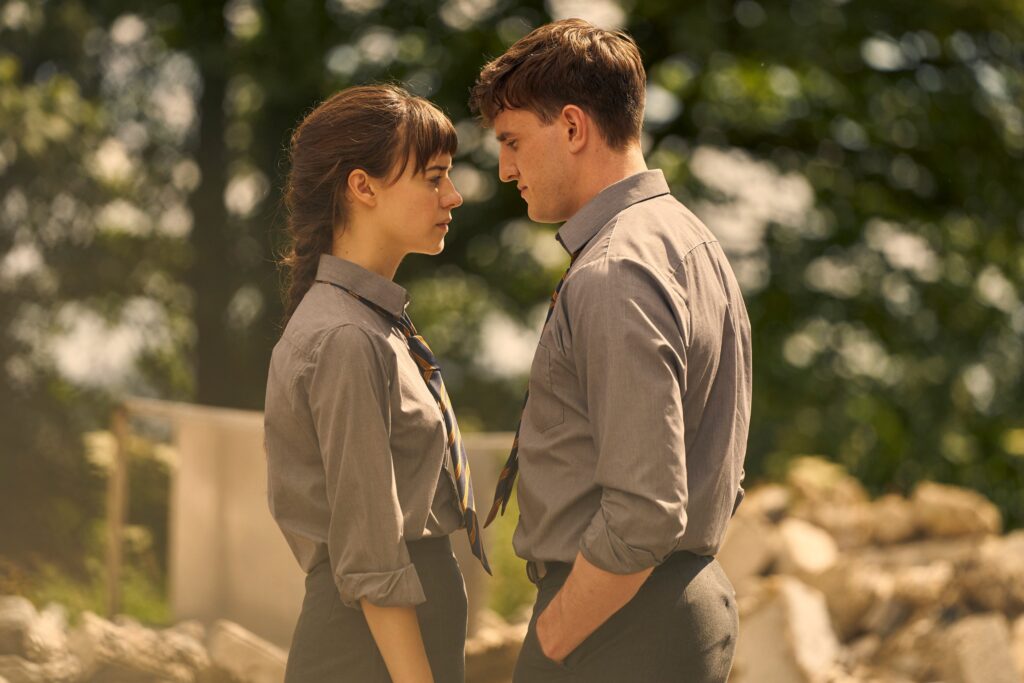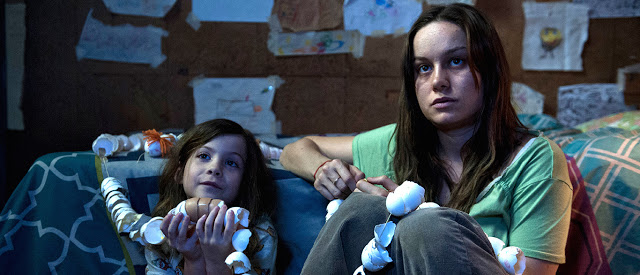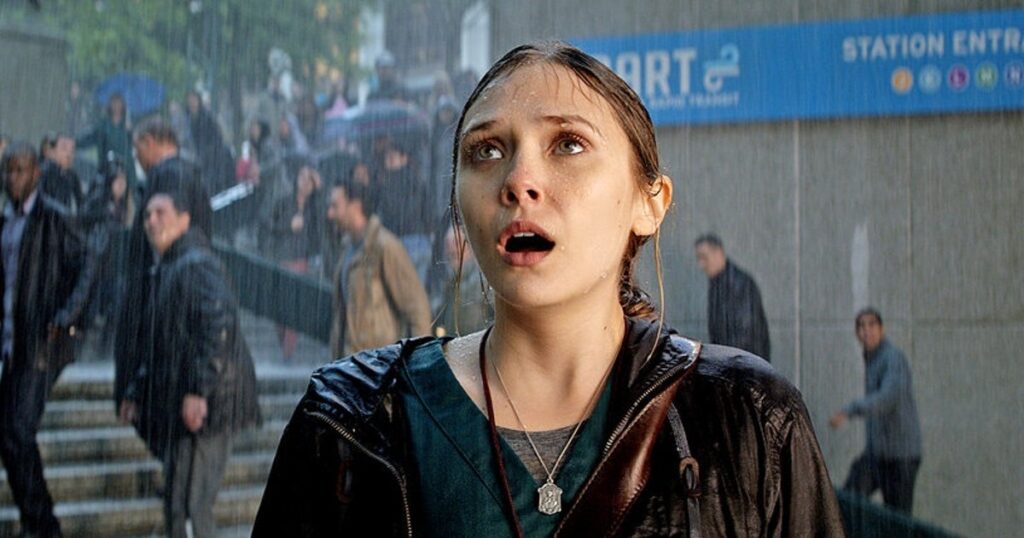Hulu’s “Normal People” Is the Show of the Year

The title practically demands deconstruction. Are the characters in Normal People… normal? The simple, unsatisfying, entirely accurate answer is that, well, they are and they aren’t. The more complex response requires delving into the thematic contradictions that are inherent in most great works of art. The players at the center of this stupendous new series, which is based on a novel by Sally Rooney, are familiar, relatable, and ordinary. They are also unique, complicated, and fascinating.
The brilliance of Normal People, which Rooney has adapted to television with the help of co-writer Alice Birch and showrunner Ed Guiney, is how it captures the universal qualities of its experiences—love and loss, elation and confusion, falling down and growing up—without sacrificing an ounce of its characters’ individuality. The story that it tells is resolutely intimate, never resorting to false contrivances or cheap melodrama. Yet as it progresses, the series accumulates a certain grandeur, an invisible sweep that magnifies the intensity of its images and emotions. On paper (I haven’t read the novel), Normal People’s boy-meets-girl premise may sound prosaic. But on the screen, with beauty and force, it turns that prose into poetry. Read More


